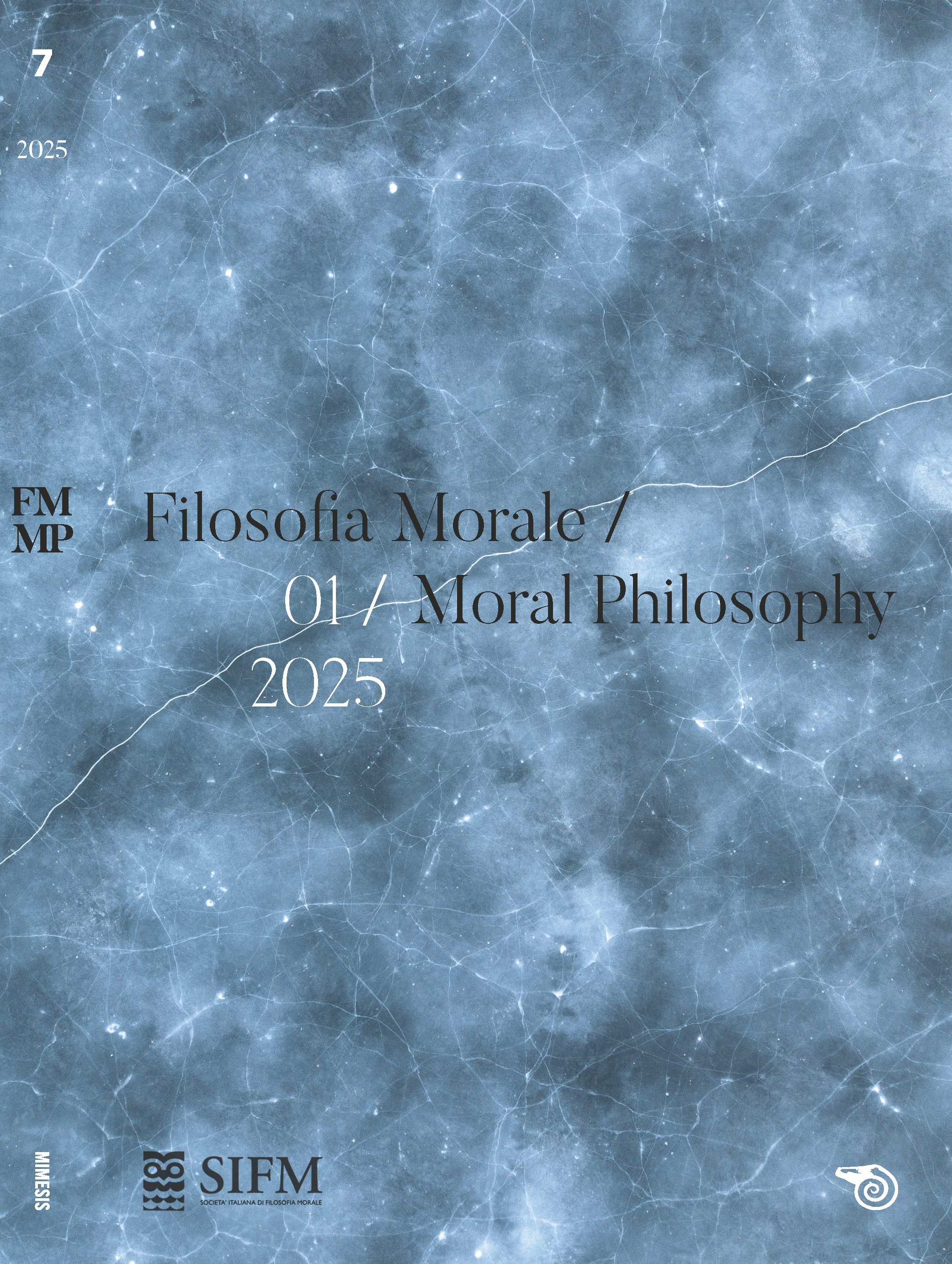Translation and Political Ideology in Bernardo Segni
Keywords:
Bernardo Segni, Translations of Aristotle, Vernacular Aristotelianism, Italian Renaissance.Abstract
The Aristotelian tradition remained strong throughout the 15th and 16th centuries, so the Renaissance can still be considered an Aristotelian era. When studying Renaissance Aristotelianism, it is important to distinguish between Scolasticism and Aristotle’s study of moral philosophy as part of the humanities, which includes grammar, rhetoric, poetics, and history. A key aspect of the humanists’ work was their commitment to translation. Segni believed that the Vulgate translations of Aristotelian works were useful for anyone involved in governing a state, as easier access to the text would help to correct many errors resulting from a misunderstanding of political affairs. According to Segni, one of the most frequently committed errors was the belief that liberty could only exist if the government was in the hands of the people. However, Aristotle’s teaching shows that the best form of government is one in which the management of public affairs is entrusted to the best people. It is the man who is clearly superior to all others due to his heroic virtue who should have supremacy over others. According to Segni, ethics and politics belong to the same sphere and are therefore subjects of the same discipline. However, architectural science belongs to ethics and acts as a guide to all other moral disciplines, including political science.



